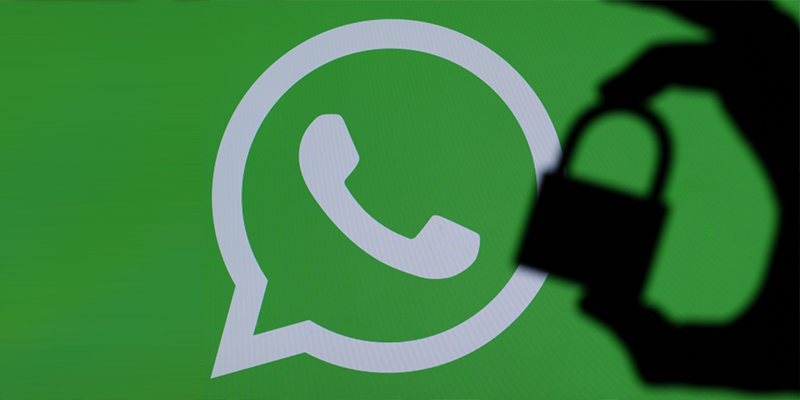WhatsApp urges users to update app after report of spyware attack
The exploit was discovered earlier this month, and media reports suggest that WhatsApp has rolled out an update and has urged its users to upgrade to the latest version.
A security flaw in WhatsApp, one of the most popular messaging apps in the world, allowed sophisticated attackers to install spyware on phones, the company said on Tuesday, in the latest trouble for its parent Facebook.
The exploit, which impacts Android devices and Apple's iPhones, among others, was discovered earlier this month. WhatsApp has now rolled out an update and urged its users to upgrade to the latest version, according to media reports.
Commenting about this, a company spokesperson said: "WhatsApp encourages people to upgrade to the latest version of our app, as well as keep their mobile operating system up to date, to protect against potential targeted exploits designed to compromise information stored on mobile devices."
The vulnerability, first reported by the Financial Times, allowed hackers to insert malicious software on phones by calling the target using the app, which is used by 1.5 billion people around the world.

The FT cited a spyware dealer as saying the tool was developed by a shadowy Israel-based firm called the NSO Group, which has been accused of helping governments from the Middle East to Mexico snoop on activists and journalists.
Security researchers said the malicious code bore similarities to other tech developed by the firm, according to The New York Times.
The firm did not comment on the number of users affected or who targeted them, and said it had reported the matter to US authorities.
The breach is the latest in a series of issues troubling WhatsApp's parent Facebook, which has faced intense criticism for allowing its users' data to be harvested by research companies and over its slow response to Russia using the platform as a means to spread disinformation during the 2016 US election campaign.
The WhatsApp spyware is sophisticated and "would be available to only advanced and highly motivated actors", the company said, adding that a "select number of users were targeted".
"This attack has all the hallmarks of a private company that works with a number of governments around the world" according to initial investigations, it added, but did not name the firm.
WhatsApp has briefed human rights organisations on the matter, but did not identify them.
The Citizen Lab, a research group at the University of Toronto, said in a tweet it believed an attacker tried to target a human rights lawyer as recently as Sunday using this flaw, but was blocked by WhatsApp.
The NSO Group came to prominence in 2016 when researchers accused it of helping spy on an activist in the United Arab Emirates. Its best-known product is Pegasus, a highly invasive tool that can reportedly switch on a target's phone camera and microphone, and access data on it.
The firm said on Tuesday that it only licenses its software to governments for "fighting crime and terror".
The NSO Group "does not operate the system, and after a rigorous licensing and vetting process, intelligence and law enforcement determine how to use the technology to support their public safety missions", it said in a statement.
"We investigate any credible allegations of misuse and if necessary, we take action, including shutting down the system."
(Via Agence France Presse)
Also read: WhatsApp's new 'authentication' feature may take away your screenshot privileges











